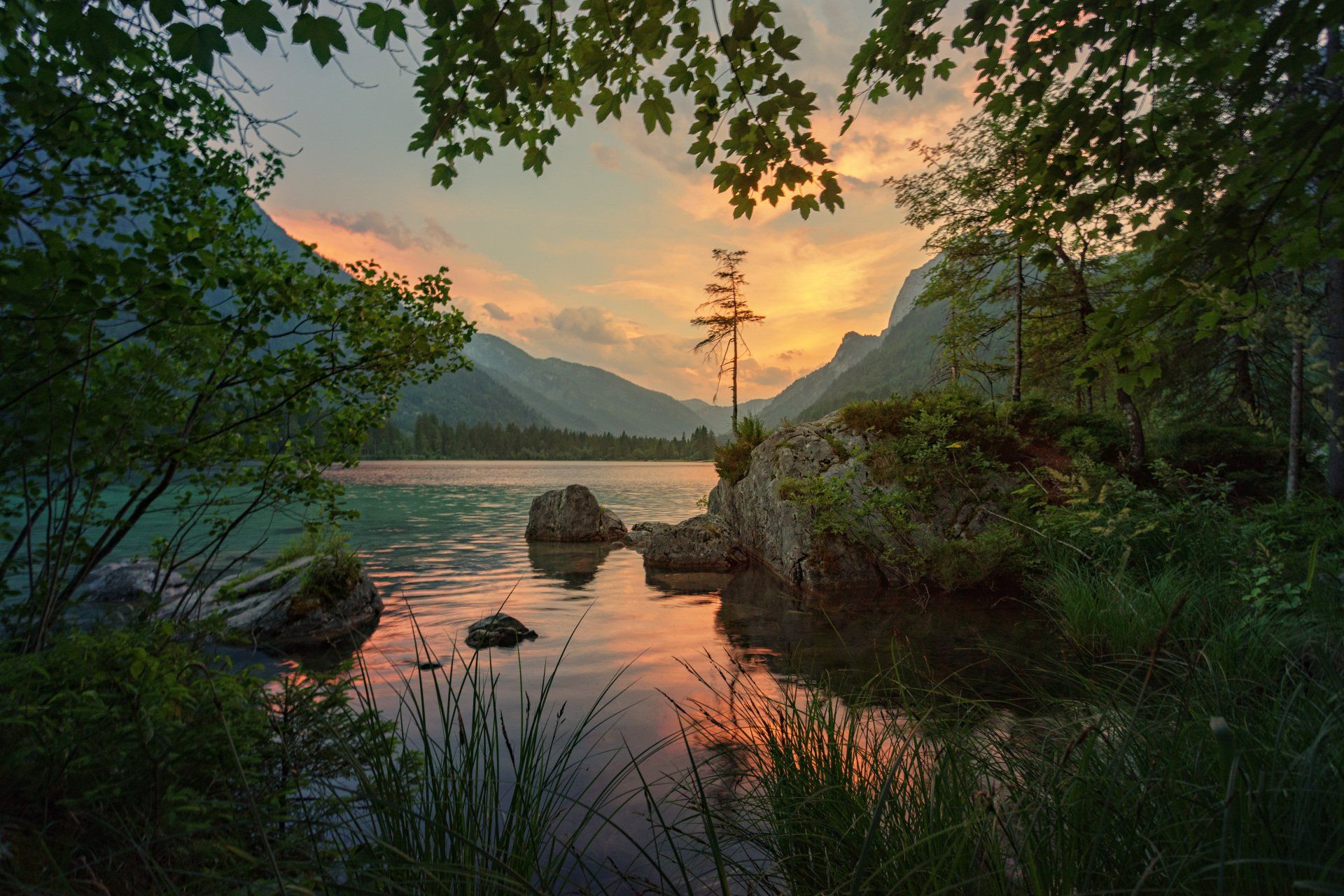Zazen and Not Being the Doer
There is a juncture in the experience of a zazen practitioner when the person clearly sees that he or she is not doing their own breathing. That we don’t do our own breathing is of course the normal state of affairs, just as we do not cause our hearts to beat. As we go about our daily lives, our body does our breathing for us. However, when we sit to meditate, if we haven’t seen the contrary, we feel that we need to make some effort ourselves to bring the breath in and to expel it. Eventually though, as said, the perception comes that we are not doing the breathing ourselves. If the impression is firm enough, we can stop efforting to breathe and just watch our breath come in and go out.

This perception of not doing one’s own breathing may be the forerunner of a very large insight. Advanced spiritual teachers in both the Hindu tradition and in Soto Zen say that we are not the doer of our own lives. In the Hindu tradition, Nisargadatta says that real spiritual progress has been made “when one stops thinking that one is living, and gets the feeling that one is being lived, that whatever one is doing, one is not doing, but one is made to do.” [1] Another teacher in the Hindu tradition, Ramana Maharshi, when he was asked, “What is the end of the path of knowledge,” responded, “It is to be free from the feeling of being the doer.”[2]
Similar statements can be found in the Soto Zen tradition. Keizan, born 15 years after Dogen’s passing and called the “ Great Patriarch” of Soto Zen, speaks of “that which causes the eyebrows to raise and the eyes to blink.” He continues, “. . .It is something whose name you don’t know even though it has always been living with you. . . . . .It causes you to be born, causes you to die, causes you to move and act, causes you to perceive and feel.”[3]
Modern Soto Zen teachers also speak of the agency of human action as something other than the person. Shunryu Suzuki says, “. . .We create airplanes and highways. And when we repeat, ‘I create, I create, I create,’ soon we forget who is actually the ‘I’ which creates the various things. . . .” Shortly after, he refers to this source of creation as the “big I.”[4] Also, Reb Anderson, the distinguished student of Shunryu Suzuki, says, “What I am is actually what everything has made. In that sense, each of us is under control. The entire cosmos is controlling us, but individually we cannot control anything.” [5]
There are various terms and concepts for what is held to be the ultimate doer: God, Allah, Original Mind, Buddha, the Lord, and so on. In mystical traditions that I have any familiarity with, the ultimate doer is considered to be unknowable. As Keizan says above, “it is something whose name you don’t know.”
However, a sense that one is not the doer leads to a profoundly relaxed life. As Ramana Maharshi wryly puts it,
Since the supreme power of God makes all things move, why should we, without submitting ourselves to it, constantly worry ourselves with thoughts as to what should be done and how, and what should not be done and how not? We know that the train carries all loads, so after getting on it why should we carry our small luggage on our head to our discomfort, instead of putting it down and feeling at ease?[6]
As zazen practitioners, we should patiently wait for the time, if it hasn’t come yet, when we can put our doer-luggage down and take an easy seat on the train of life.
Footnotes
- Sri Nisargadatta Maharaj, The Ultimate Medicine, ed. Robert Powell, North Atlantic Books, Berkeley, 1994, p. 97.
- The Spiritual Teaching of Ramana Maharshi, Shambhala, Boston and London, 1988, p. 17.
- Zen Master Keizan, Transmission of Light, tr. Thomas Cleary, Shambhala, Boston, 2002, p. 140.
- Shunryu Suzuki, Zen Mind, Beginner’s Mind, Weatherhill, New York, 1970, p. 66.
- Reb Anderson, Warm Smiles from Cold Mountains: Dharma Talks on Zen Meditation, Rodwell Press, Berkeley, 1999, p. 42.
- The Spiritual Teaching of Ramana Maharshi, p. 9.
All Rights Reserved | Zazen Essays